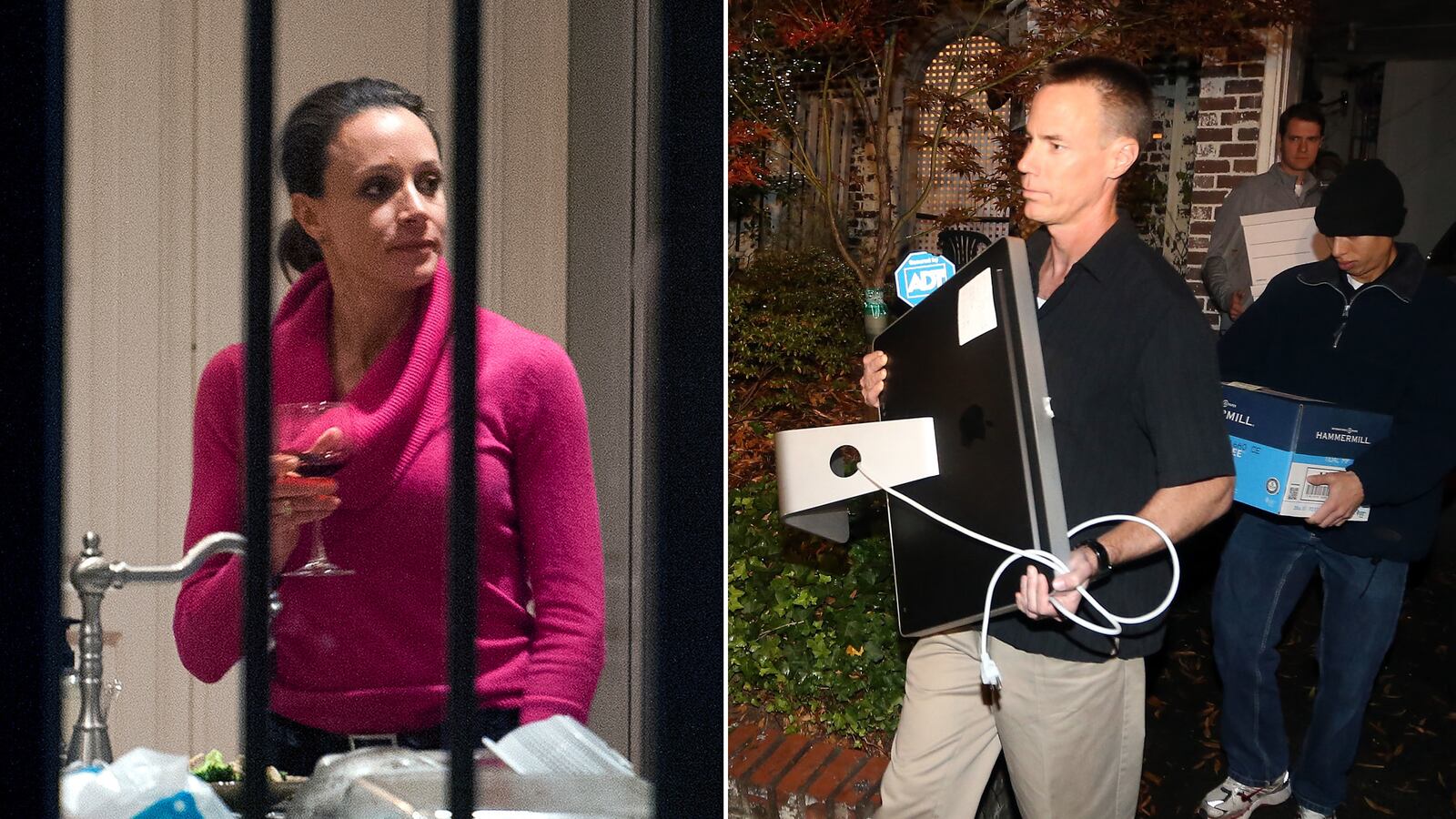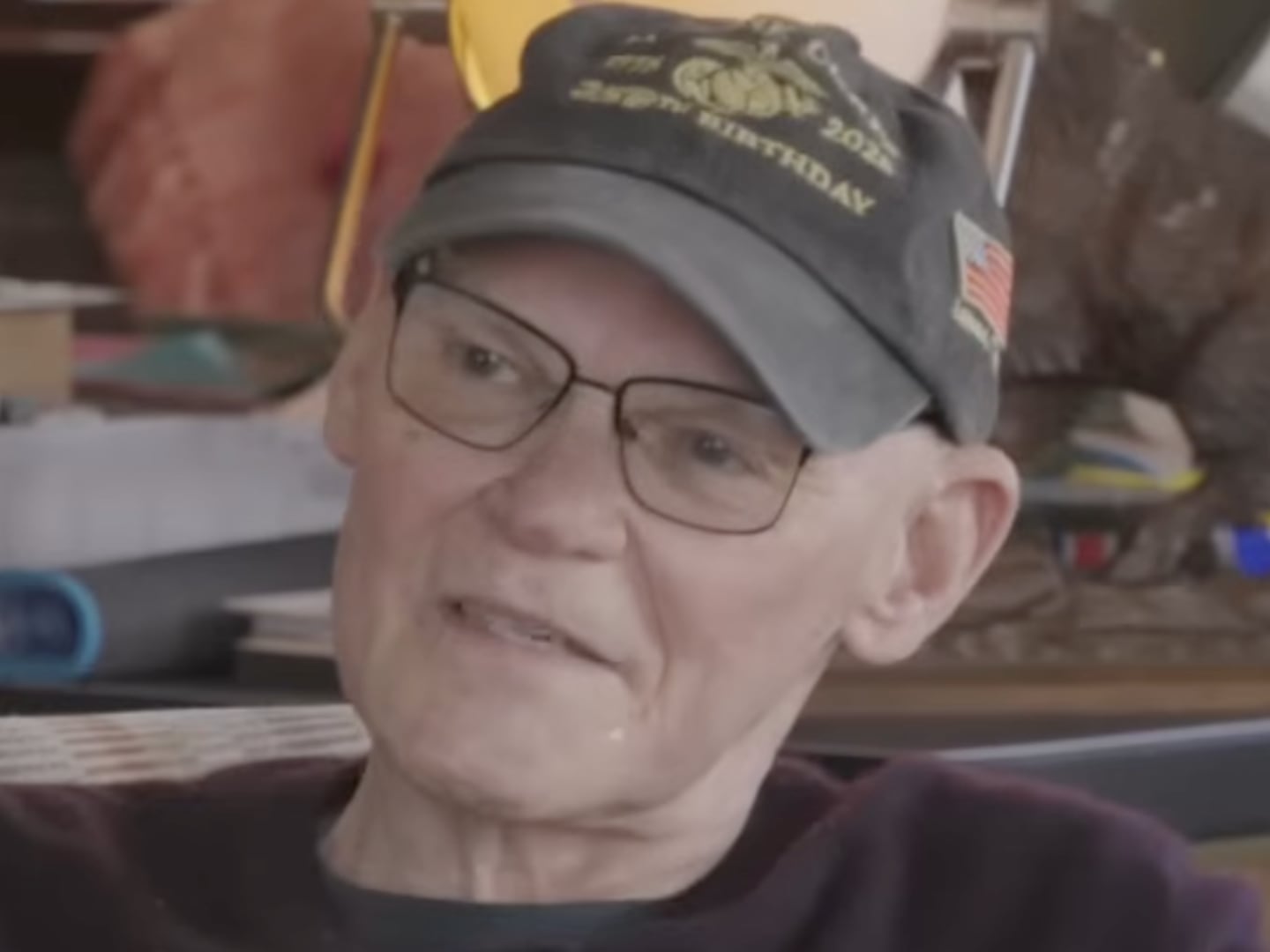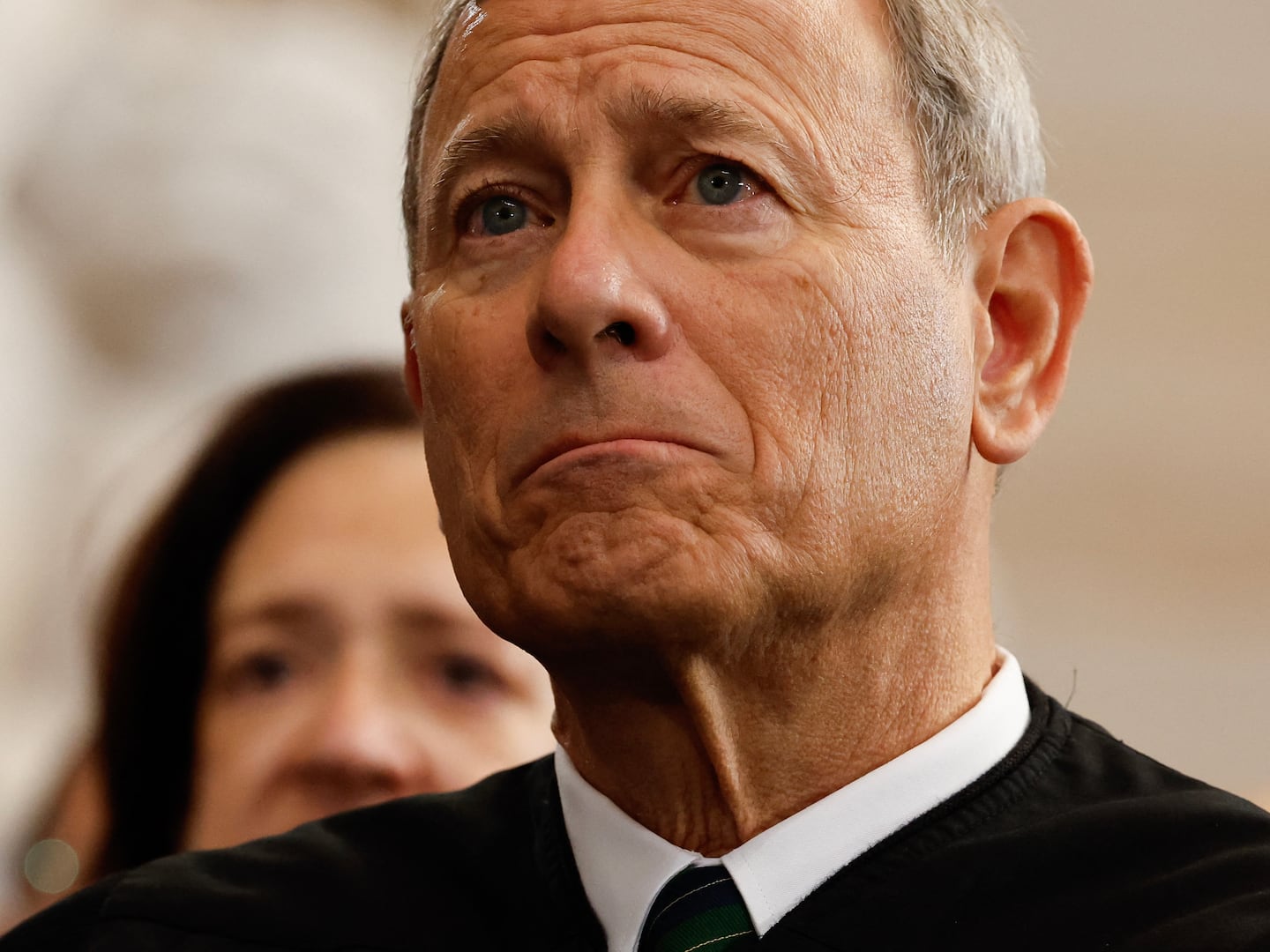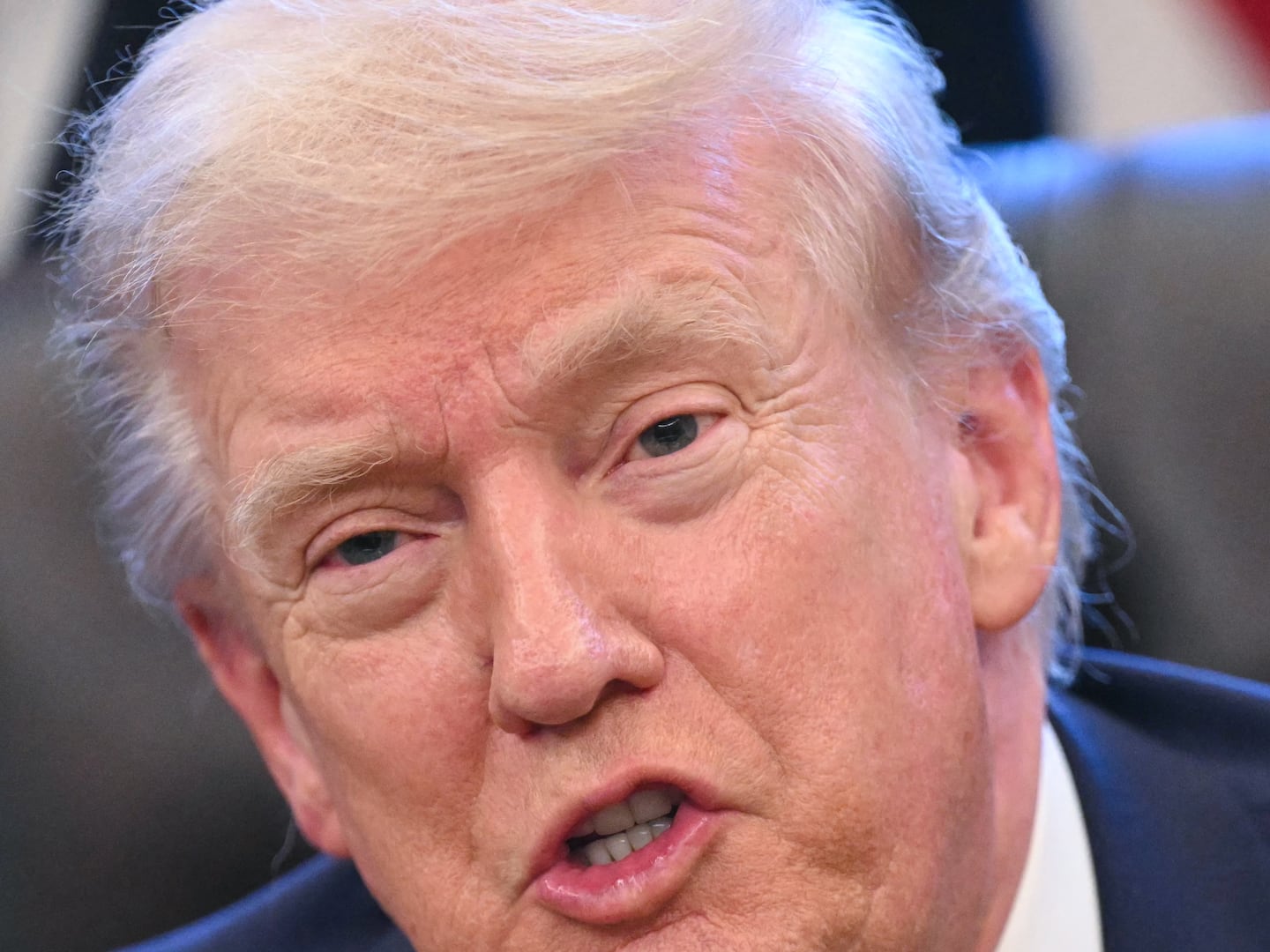The FBI searches of her home this week must have been all the more surreal for Paula Broadwell because she once had been just a formality away from becoming an FBI agent herself.

According to a retired FBI agent, the woman now at the center of the David Petraeus scandal applied to the FBI six years ago, passed a polygraph test, and was offered an appointment. Broadwell was a recruiter’s dream: a West Point graduate who had been named the fittest in her class with a master’s degree in international security from the University of Denver. She even had active-duty military experience.
“I’m sure that applicant coordinator in Denver was salivating over her,” the retired agent says.
The bureau further noted the great potential Broadwell had demonstrated during her stint in 2003 and 2004 as an Army intelligence officer attached to the FBI’s Joint Terrorism Task Force in Denver. The retired agent notes, “She did very well.”
And Broadwell seems to have been as enthusiastic about the FBI as the FBI was about her. She was just a solemn oath away from becoming an agent when she was offered a spot as a research associate at the Center for Public Leadership at Harvard. She made the choice any ambitious person might.
“Go to Harvard,” the retired agent says.
Broadwell could only have felt the wisdom of her choice further affirmed when she went to see Gen. David Petraeus speak at the Kennedy School of Government there. He surely was only offering to help out a student with her dissertation when he gave her his card.
So instead of becoming an FBI agent, Broadwell became the biographer of a general once widely seen as one of America’s greatest living heroes. She married a doctor, had two sons, and settled into a beautiful home in Charlotte, N.C. She returned to the University of Denver last month to give a speech at an alumni symposium.
“It is such an honor to come back to the University of Denver,” she began. “I had such a formative experience here … it changed the course of my career, much of which has yet to be written.”
She might never have had cause to feel she had made anything but the happiest of choices were it not for somebody who had chosen to become an agent himself.
FBI agent Fredrick Humphries II had served with the Joint Terrorism Task Force in Seattle and made a name for himself as the lead agent in the 1999 Millennium bomb case. He had gone on to become supervisor of the JTTF in Tampa.
There, Humphries participated in that field office’s “civilian academy,” essentially a pubic-relations outreach to some of Tampa’s more successful citizens, Jill Kelley among them. Humphries was no doubt only offering to help build up the bureau’s image when he gave Kelley his card.
The facts from there are now well-known: Kelley later contacted Humphries about a half-dozen anonymous emails that worried her. His fellow agents were not sure the messages were sufficiently menacing to warrant an investigation, until somebody remembered a provision of the federal cyber-stalking law that makes it a crime to send emails that “annoy, abuse, threaten, or harass.”
That provision, Section.223 of the Communications Decency Act, happens to be the same one that the Denver JTTF used when Broadwell was there to go after an anarchist known as Professor Rat. He was alleged to have sent disturbing emails about two federal officials.
“The recipients of the threats have no way to discern their validity,” a spokesman for the U.S. attorney’s office in Denver told the press at the time. “They cause fear and they disrupt lives, and it’s for that reason that they’re taken very seriously.”
Even so, neither the Professor Rat case nor the Kelley complaint led to criminal charges. But the latter resulted in the kind of government chaos that would delight any anarchist: Petraeus forced to step down as director of the CIA, Marine Gen. John Allen’s appointment as NATO commander suddenly in doubt, Broadwell’s career in tatters.
Broadwell’s speech at the University of Denver in October included a remark about the Benghazi killings that made some investigators wonder if Petraeus had given her classified information. FBI agents searched her house twice, and she is said to have been as cooperative as might be expected of someone who had come so close to becoming an agent herself.
“Everything that she said would be there was where she said it would be,” a senior law-enforcement source says.
Broadwell had been granted a top-secret clearance when she was with the Joint Terrorism Task Force. The government held off revoking the clearance once the scandal broke because the agents would otherwise be precluded from having her identify any classified documents they found in her house.
“You wouldn’t be able to show her her own documents,” the source says.
As for Petraeus, whether or not he is being truthful when he says he provided no classified information to Broadwell, federal rules say you can lose your security clearance for displaying poor judgment liable to result in public scandal. He has admitted to exactly that, but so far he has been allowed to retain his top-secret clearance, which has been termed a “golden ticket” because it can facilitate lucrative opportunities in the private sector.
But in keeping with the unwritten rules, there was to be no chance for a golden ticket for his biographer/running buddy/lover, even though his greater position and responsibilities would make his judgment proportionately poorer than hers.
As soon as the second search was completed, Broadwell lost the clearance that was but a small measure of what she would have continued to enjoy if she had taken the oath as an agent.
Among the many things the JTTF in Denver had done during Broadwell’s tenure was identify a Denver airport shuttle-bus driver who was said to have received terrorist training in Pakistan and was only waiting the word to commence jihad. Had Broadwell stayed on as an agent, she might have joined in subsequently identifying another terror-camp trainee turned Denver airport shuttle-bus driver. She could have felt the satisfaction of helping to foil a plot to bomb New York on the ninth anniversary 9/11.
A small gathering of retired agents yesterday included people who either knew or knew of Broadwell or Humphries, whose career with the FBI is now almost certainly doomed. Nobody was bad-mouthing either of them.
“Everybody has good things to say about both of them,” a retired agent reports.
The consensus was that Broadwell might have made a great agent, maybe as good as Humphries.






